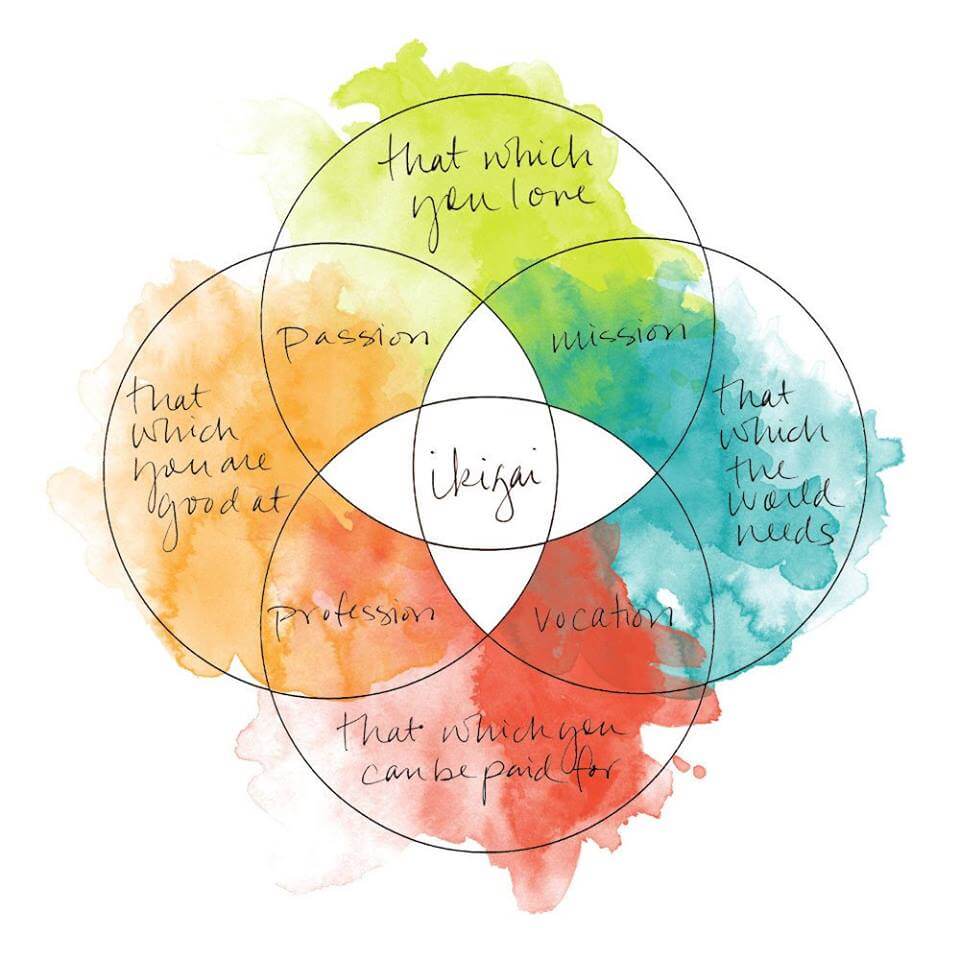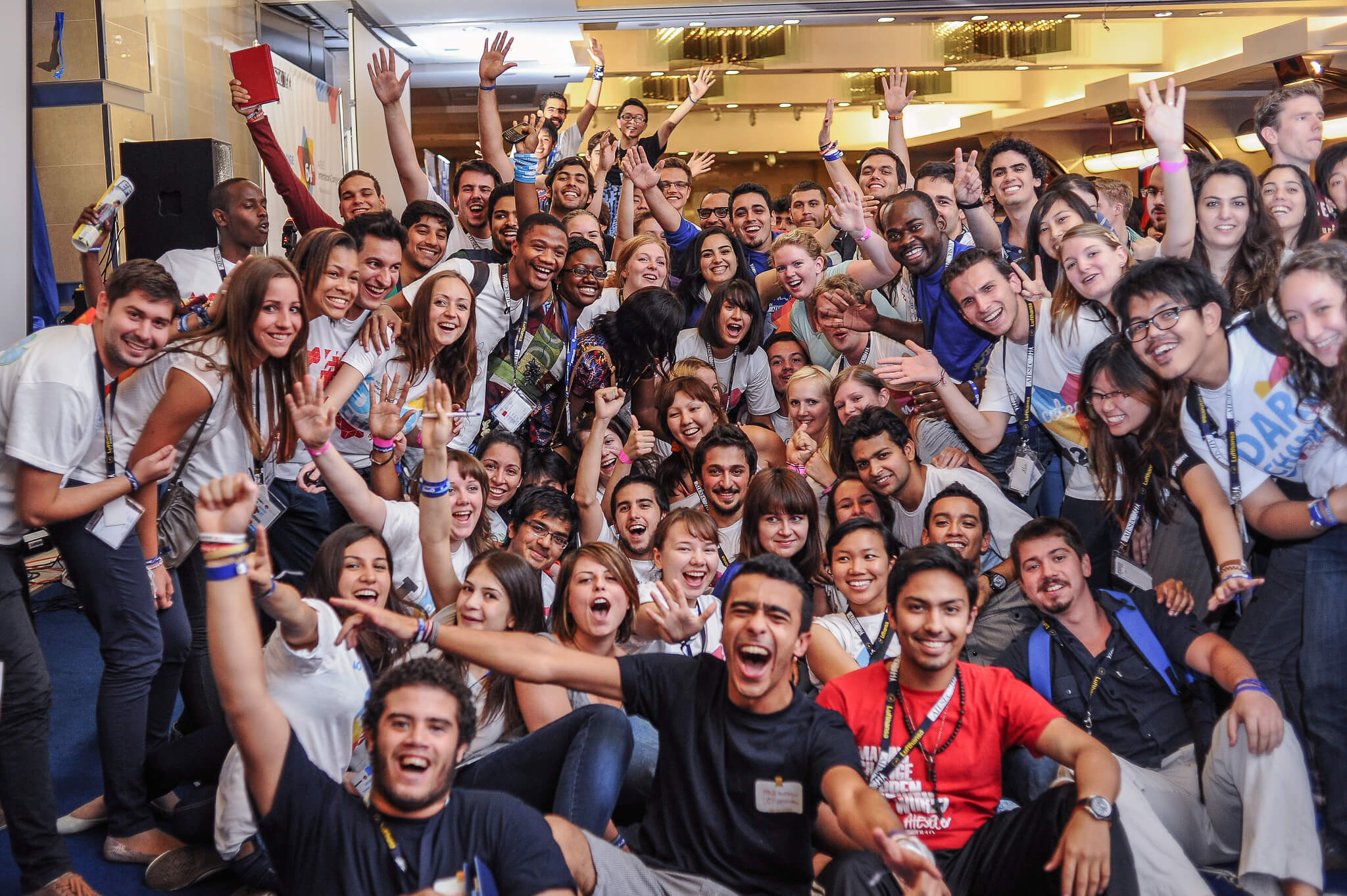The How-To Guide to Finding Your Dream Job Abroad

At one point or another, we all dream of working abroad. The thrill of living somewhere foreign, meeting people with customs and quirks different from your own, and earning and living on a currency that isn’t the Philippine peso—it’s all very exciting. In the last decade, travel has become cheaper and much more accessible to a wider demographic of people. What used to be an ambitious move that only the most ballsy people would make is now becoming a frontline option for many of us.
It’s hard enough to realize and find your dream job here, what more doing it abroad? That’s where you might be wrong. One just has to know where to look. If the only decision that you’ve made at the moment is that you are going to work abroad, then start saving for it already. For now, let’s assume you already know where you want to go and we’re going to figure out what you’re going to do there and how to do it. Keep reading and soon enough, you might be booking a ticket to your next career adventure.
TOPICS
Ask yourself the hard questions

If we’re talking about dream jobs here, you probably have an inkling as to what kind of work you want to be doing. This narrows down the search considerably. What are you doing now? Is this something you want to pursue abroad? Are you looking for something completely different? Adrian Granzella Larssen of The Daily Muse put together a genius set of fill in the blank questions to ask yourself if you’re looking for a dream career. This is likely to be information you are already aware of but seeing that information all together allows you to trace patterns and deduce what your dream career might be.
- If I could choose one friend to trade jobs with, I’d choose ____________, because ____________.
- I’ve always wondered what it would be like to do ____________. It’s interesting to me because ____________.
- If I had the right education or skill set, I’d definitely try ____________, because ____________.
- If I had to go back to school tomorrow, I’d major in ____________, because ____________.
- My co-workers and friends always say I’m great at ____________, because ____________.
“Ikigai” is a Japanese concept that means “reason for being” and is the result of deep pondering and self reflection. It sounds like a hippie concept, I know, but in this context, it’s about finding your what and why.
- What will you do abroad?
- What will make you happy or purposeful?
- Why does that fulfil you?
Establish your entry point.

Let’s say that I work at a publishing house now and I have decided that I want to work in Lisbon as a publishing editor. Now, I need to find my entry point. I’d probably start by Googling “publishing jobs in Lisbon” and several variations of that. This strategy works because 1) you find out about the industry in your country of choice , and 2) you learn about platforms that offer the entry point you are looking for. Local job sites often have work abroad sections that are worth taking a look at. You can also look at international companies. Maybe there’s an international publishing house here in Manila that has operations in Lisbon too. These companies often have established application processes for foreigners which makes things simpler in terms of application but it’s competitive since people from all over the world are applying. If you want a little more help, there are organizations, like student-run AIESEC, who have thousands of multi-industry opportunities abroad waiting to be applied to. What’s more is the local chapters of AIESEC have teams dedicated to helping you get matched to an opportunity and the receiving AIESEC chapter has a team whose job is to help integrate you, from finding a place to live to going out with on Friday nights. It’s difficult to start the international job search in the beginning, but definitely not impossible.
Be the very best that no one ever was.

This is probably the hardest part. Precisely because you are competing for a position on an international level, there are more layers to the job application process. Yes, you are probably applying to a job that requires English speaking but it’s likely that some of the people looking at your application are locals of, let’s say Japan, if that’s where you want to go. You need to put in the effort of finding out what types of applications resonate with Japanese people. Do they prefer clean, minimalist resumes even if you are applying for a graphic design position? This could be the tipping point. To get yourself an offer, you need to market yourself as the best candidate for the position in Japan. What Filipino recruiters look out for probably has some nuances compared to what Japanese recruiters look for. You need to identify those nuances and pseudo-translate your application to cater to them. It’s extra effort, but it also shows employers that you work hard and have the potential to fit in the company and the country.
Pack your bags and book that ticket.

Once you have an offer that is signed, sealed, and delivered, it’s time to get cracking on the logistics. Visa. This probably takes the longest and as soon as you have an application in, inform your employer of the timeline you’re working with. While waiting for your papers to process, work on the finer details. Is your work going to be in the city? How realistic is living there vs a little further where it’s cheaper? Ask your recruiter for suggestions where to live. Better yet, make friends with them throughout the process so that they will invest time and effort in getting you there.
Do you understand French? Your job may be as an accounting associate but you do need to learn the language if you’re going to do groceries while in Strasbourg or Quebec. If you don’t have the money to take classes, try apps like Duolingo so that you can say more than “hello” and “thank you” in the language.
It takes a lot of elbow grease to find your place and footing in a different country but, once you hop on that plane, a sigh of relief will flood over you and it will be worth it. Bon voyage, jobseekers!




No comment available yet!